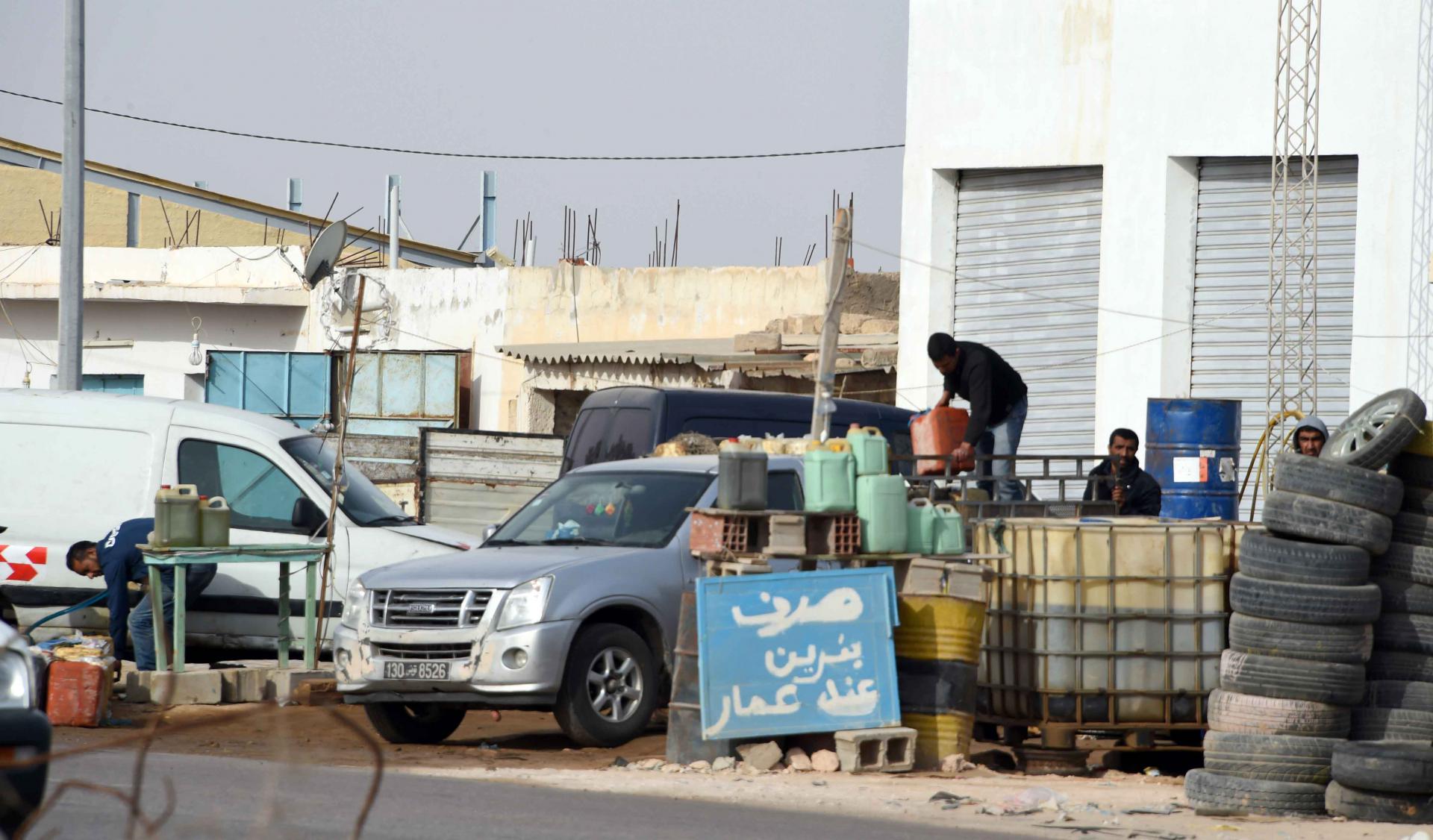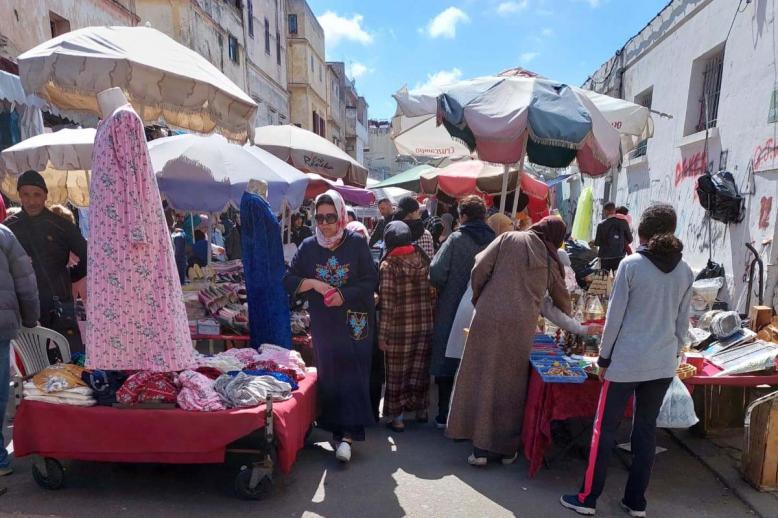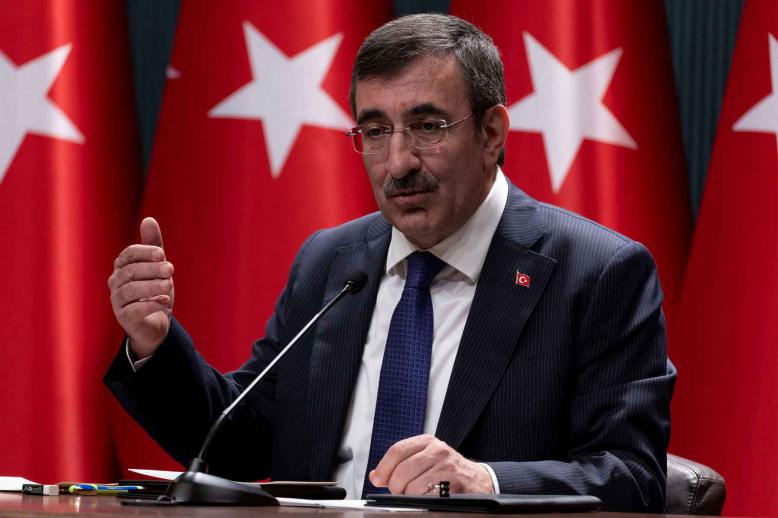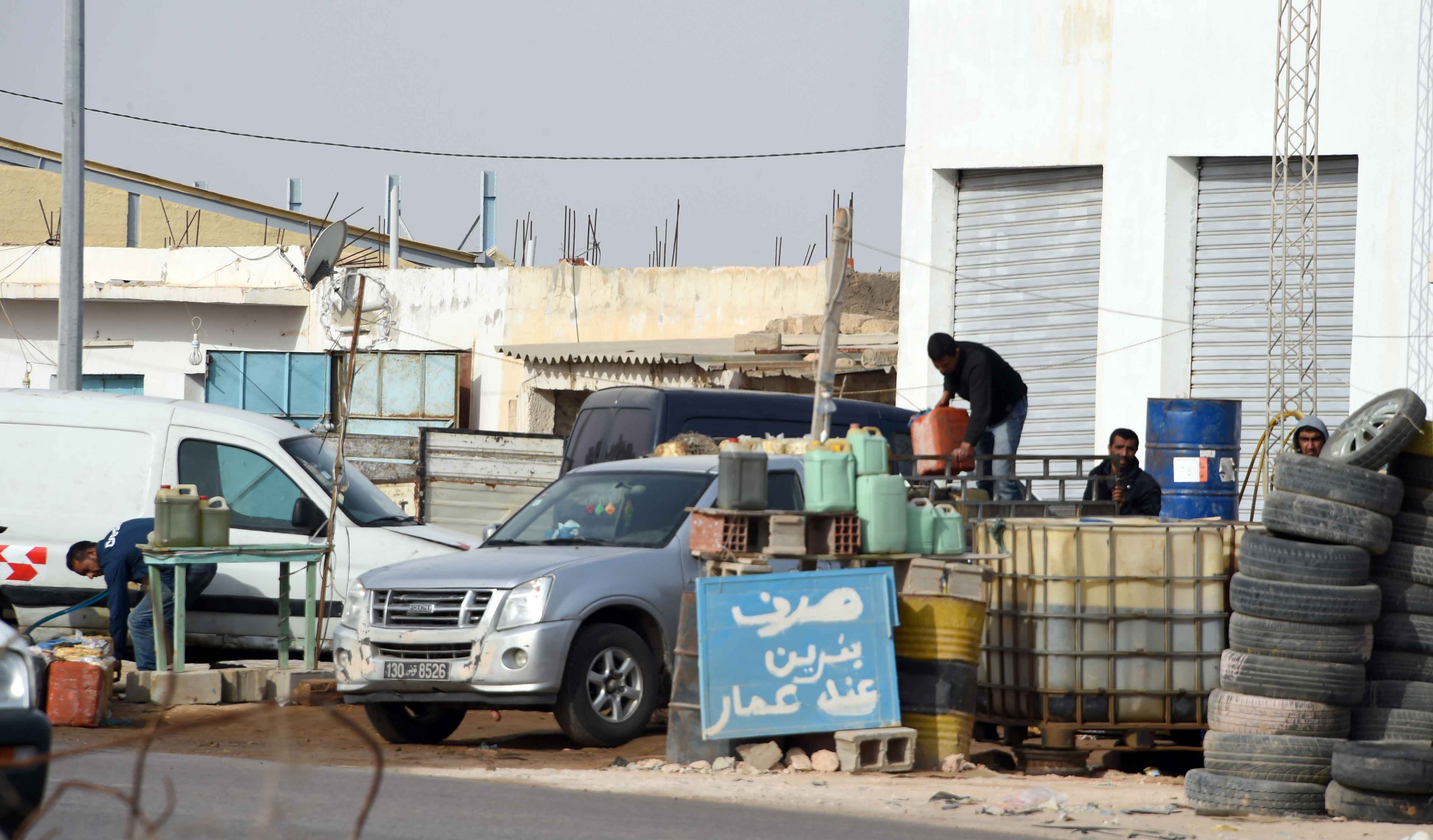The informal sector plays an important but unrecognised role in the Maghreb
The informal economy in Tunisia is estimated to account for at least one-third of gross domestic product. Algeria and Morocco also have large informal economies and Libya’s is even bigger, in view of the chaotic situation in that country.
The informal sector has long been seen by government officials and many development experts in the Maghreb region in a negative light: activities that were illicit, failed to pay taxes and did not allow the full majesty of the state to operate. It was further stigmatised as encouraging a grey market in labour. It is hardly surprising to find idioms such as “under the table,” “off the books” or “working for cash” used to describe what observers said is — more or less — a criminal sector.
Yet the informal sector plays an important role. It provides jobs and reduces unemployment, though the work is often low-paid and job security is poor. Is bolsters entrepreneurial activity but at the detriment of compliance with state regulations, particularly regarding tax and labour laws.
Two types of informal sector activities exist in the Maghreb: survival activities and unofficial business earning activities. They are split between criminal and non-criminal.
In the latter case, the balance tends to tilt towards criminal activities in times of civil turmoil — Algeria during the civil war in the 1990s and Tunisia with the collapse in state authority after 2011.
In Tunisia, gunrunning and drug trade across borders, notably with Libya, have been added to more traditional smuggling activities, a long-time characteristic of economic relations between southern Tunisia and Tripolitania. Western-led sanctions against Libya lasted for two decades and gave the frontier regions of Tunisia a kind of golden egg that enriched people beyond the immediate vicinity of the frontier, notably in the industrial city of Sfax.
Smuggling has long existed between Algeria and Tunisia and Algeria and Morocco. That frontier is, for the first time in living memory, absolutely sealed. Traditionally food or fuel that are more heavily subsidised in one country find their way into the neighbour.
Thus, Libyan petrol, which is a fraction of the cost of Tunisian petrol, is freely on sale in southern Tunisia. Algeria petrol found its way into Morocco and Tunisia until a few years ago when Youcef Yousfi, then Algeria’s minister of energy, decided that $1 billion of estimated petrol leaving Algeria was too great a cost for the state to bear. The Algerians sealed both their frontiers.
In the 1970s, El Oued in south-eastern Algeria was known as the country’s “coffee capital” and you could get a better cup of coffee in neighbouring Gafsa in Tunisia than in Tunis. Heavily subsidised Algerian coffee was haemorrhaging to its neighbours’ economies.
The concept of the informal sector was introduced into international usage in 1972 by the International Labour Organisation in its Kenya Mission Report, which defined informality as a “way of doing things characterised” by ease of entry; reliance on indigenous resources; family ownership; small-scale operations; labour-intensive and adaptive technology; skills acquired outside the formal sector; and unregulated and competitive markets.”
Defining the concept of informality is difficult because the various categories overlap. The state has found it very difficult to create jobs over the past 20 years, except by adding to state payrolls. In Algeria, oil money bloated an inefficient and privileged state sector. In Tunisia, the huge increase in state jobs — be they in the civil service or in parastatals — has dangerously reduced the capacity of the state to invest in infrastructures for all Tunisians. The fact that those appointed did not have the required qualifications and often did not report for work makes matters worse.
It is time the governments of North Africa recognised that some of the actors in the informal sector are far more economically savvy than many civil servants, far more attuned to what people want to purchase and at what price and far more adaptable to change than a civil service, which is slow, shy to reform and often corrupt. Without the thousands of jobs created by the informal sector, the three Maghreb countries would “explode” socially, yet this is unacknowledged by the political class.
Recognising the essential contributions the sector makes to the economy in no way means condoning drug trafficking or arms smuggling across borders. Tunisia and Algeria are over-administrated beyond belief. If a young entrepreneur in Tunisia wishes to respect all existing rules, he may as well never start a company. This burden of regulation and the bureaucratic deadweight explain the growing corruption that acts like cancer in the body politics.
The informal sector is a bit like vernacular Arabic: It is despised but used by everyone. People pretend to speak classical Arabic, which the majority of Maghrebis, including political leaders, do not master. All seminars with the World Bank, the European Union and in Tunisia use “official statistics,” which do not tell the whole story.
Tunisian officials, in particular, were, until 2011 at least, masters at pretending they were ahead of slightly less sophisticated Algeria and Morocco and dressing up the statistics of their economy. This helped convince their Western partners they had a model economy. After 2011, the blowback of reality was fierce.
Tunisia could do worse than to accept the crucial role the non-criminal part of the informal sector plays. Officials could seek to understand it and treat the women and men who belong to it as entrepreneurs who are often far more savvy and creative than some of the rent-seekers who parade as wealth creators and are invited to speak at government- or Western-donor-sponsored seminars.
Francis Ghiles is an associate fellow at the Barcelona Centre for International Affairs.
This article was originally published in The Arab Weekly.







